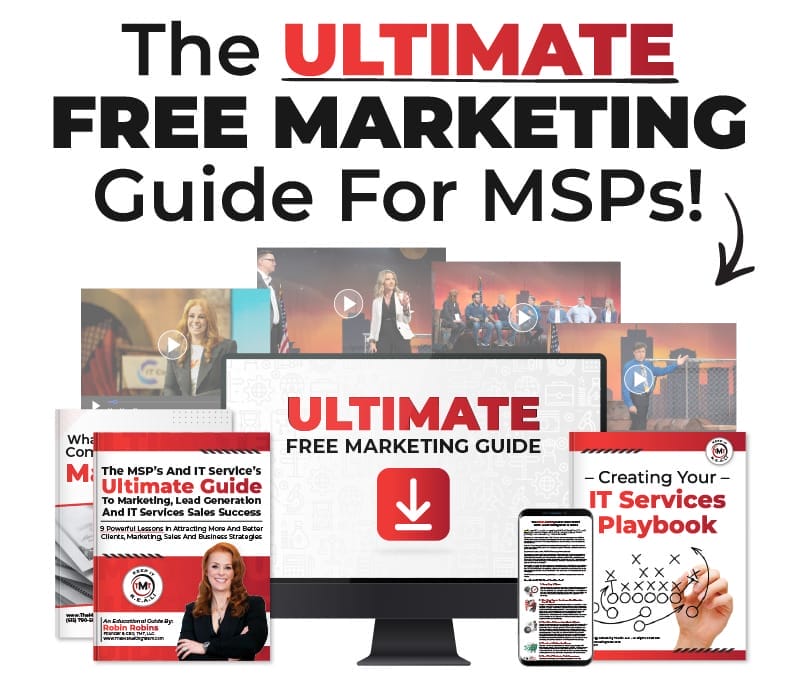Cloud Computing | Sales & Marketing Training
There’s no doubt you’ve heard that cloud computing is the “next big thing” in IT services – but the real question is this: Is cloud computing a threat to your IT services business that you should be wary of OR a better, more profitable way to serve your clients? And if it IS the big opportunity everyone is talking about, what does it look like, who’s buying it and how can YOU profit from it right now?
Technology Marketing Toolkit provides all of the cloud computing sales and marketing training you need. For more information sign up for one of our upcoming cloud computing webinars, or give us a call at 1-615-790-5011 today!
Here’s some basic information on cloud computing that may help to get you started…
What is cloud computing? Technically speaking…
What is cloud computing? A non-geek’s analogy…
The best way to illustrate what cloud computing is and why it’s spreading like wildfire is to compare it to the modern electric utility industry. On September 4, 1882, Thomas Edison opened the Pearl Street electricity generating station in New York city, introducing the concept of electricity as a utility. There were four key elements introduced by Edison’s concept of electricity as utility that were, previously, unheard of: 1) reliable central generation, 2) efficient distribution, 3) a successful end use (in 1882, the light bulb), and 4) a competitive price. Up until 1882, factories or other entities requiring electrical power were required to build and maintain their own generators – a very expensive, time consuming distraction for most companies whose core business centered on producing a product or other service. The idea of being able to pay for electricity as a utility as opposed to producing it on their own was a highly-attractive proposition for businesses who didn’t want the cost and distraction of producing their own power.
Cloud computing is essentially offering the same promise to businesses today. Until recently, the cost of building and maintaining your own computer network in house has been a “necessary evil” of running a business. But now, thanks to major advancements in Internet connectivity and technology, businesses can simply pay for basic IT necessities on a “utility” basis. Of course, cloud computing isn’t ideal for everyone just yet and we will see a period of hybrid networks where businesses have some applications in the cloud and others on site; but it IS a much smarter, lower-cost way of meeting basic computing needs (e-mail, spreadsheets, word processing, backup, and file sharing for example).
What cloud computing is NOT:
The term “cloud computing” gets thrown around a lot and is often used to describe the following services, which are only pieces of a cloud computing solution:
- A data center
- Colocation of data in a data center
- Managed hosting or hosting
- A simple “aaS” platform (IaaS, PaaS or SaaS )
Why would a business owner choose cloud computing over a traditional network?
There are a few key advantages:
- The cost of buying, installing and supporting a computer network goes down dramatically.
- You gain greater flexibility in accessing your computer network (files, applications, etc.) remotely and from various devices (laptop, iPad, Blackberry, etc).
- You gain the benefit of having built-in disaster recovery and data backup.
- You can purchase cheaper workstations (devices) and get them to last longer since the computing “power” is in the cloud and not on the individual workstation.
- Since you are paying for the service like a utility, it’s cheaper and easier to add and remove workers from your network.
- You avoid hefty network upgrade costs.
- You no longer need to pay for someone to maintain your network (server, firewall, patch management, backups, etc.)
Technology Marketing Toolkit provides all of the sales and marketing training for cloud computing that you need, from small webinars to large conferences. Learn more about how Cloud Computing can work in your business – visit the free resources available at http://www.cloudcomputingblueprint.com.



